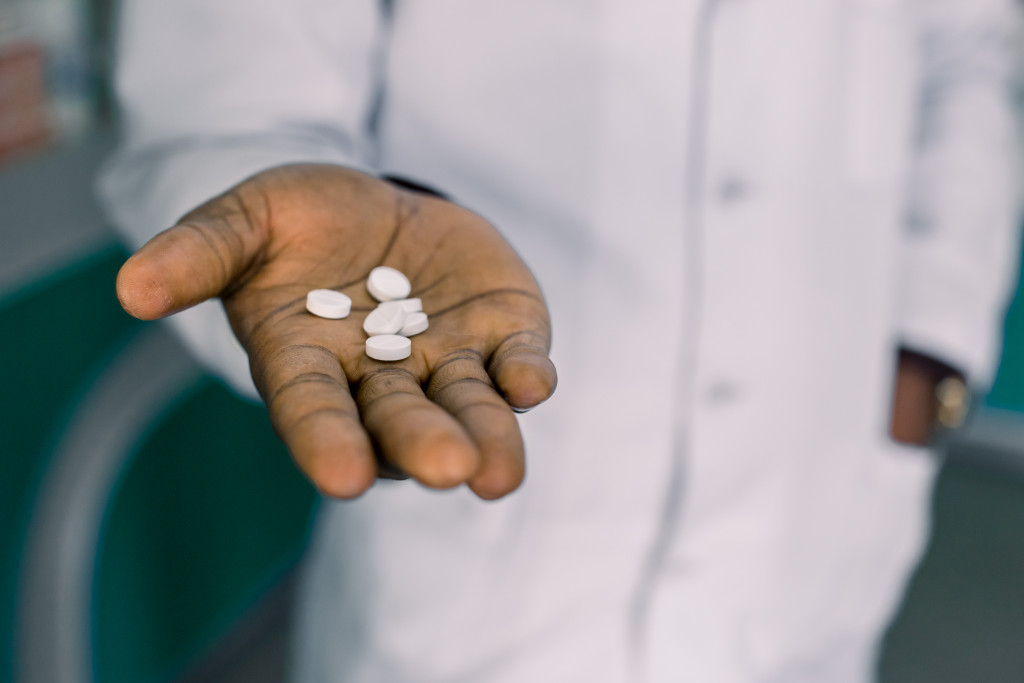There’s no doubt that antibiotics are beneficial, especially in fighting life-threatening bacterial infections. However, some people abuse these wonder drugs. They use them to treat everything from seasonal allergies to colds and cases of flu, caused by viruses and not bacteria. Therefore, they don’t respond to antibiotics at all.
Here’s what you need to know about antibiotics so you don’t misuse them, which can negatively affect your health and those around you.
What Are Antibiotics?
Antibiotics are used to treat bacterial infections like urinary tract infections and even sepsis. Still, most people don’t realize that they sometimes cause damage and often do not eliminate the infection, especially when they’re misused. Sometimes, bacteria causing infections are already resistant to prescribed antibiotics.
Types of Antibiotics
Many types of antibiotics work in different ways, and there are pros and cons to all.
For example, amoxicillin can be found over the counter (OTC) and will treat an infection if your doctor prescribes it. However, a doctor usually prescribes azithromycin. But it might not be as effective on certain bacteria. Penicillin is rarely used anymore because of antibiotic resistance.
Speak with your physician or pharmacist to see which type is best for you. They might recommend taking a certain kind after eating, so it doesn’t disrupt your digestion.
You should take antibiotics prescribed by a doctor as instructed. If you don’t take them properly, they won’t work and leave your body open to infection.
In most cases, antibiotics are used when there is an evident presence of bacteria. Still, doctors will sometimes prescribe them even if there aren’t any signs of infection. Patients must take them precisely as directed in these cases. When antibiotics are not taken correctly, antibiotic resistance can develop, leaving future conditions difficult to treat.
Myths Surrounding It
Antibiotics are used in both human and veterinary medicine. They are necessary for modern health care. In addition to treating bacterial infections, they are also in veterinary medicine as an essential tool for improving animal health.
Even with solid evidence proving their necessity, myths persist surrounding antibiotic use. Here are three common misconceptions:

Myth #1: I always get sick after taking antibiotics, so they must not work.
This can’t be further from the truth. While there is an increased risk of side effects and even other conditions if you’re taking these medications long-term or at higher doses, your body will usually adjust within a few days of treatment. Despite what many believe, you can safely consume antibiotics for short periods without causing damage to your system. But you must check with your doctor before taking any medications,especially if you suffer from any pre-existing conditions or take other drugs regularly.
Myth #2: Antibiotics can help viral infections like colds and flu
Even though most people associate them with bacterial illnesses, antibiotics have a small impact on viruses. When you feel ill, rest up and drink plenty of fluids until symptoms pass; that’s why our bodies make us tired when we’re sick. Staying hydrated helps us stay healthy by increasing our immune systems’ ability to fight off viruses effectively.
Myth #3: Antibiotics kill good and bad bacteria in the gut (like salmonella)
The concern here is twofold. First, suppose you’re constantly killing off good bacteria in our digestive tract. In that case, you won’t have enough left over to fight off harmful germs like E. coli and salmonella. Second, antibiotics also destroy healthy bacteria in our vaginal cavity, mouth, and respiratory tract. It can lead to more severe health issues down the road. Luckily, there’s not much cause for alarm here since a little residue remains inside each person’s body afterward.
Addiction to Antibiotics
Antibiotics are a miracle of modern medicine and have saved millions of lives. They’re one of humanity’s most outstanding achievements. Unfortunately, patients often misuse antibiotics. The overuse of antibiotics is becoming an epidemic, leading to dangerous side effects for users in some cases and a host of bacterial strains developing immunity to various drugs in others. People develop these drug addiction habits when doctors give them prescriptions every time they come down with what seems like a minor ailment.
Drug recovery facilities treat antibiotic addicts just as they do with any other addict. They teach patients how to overcome their addiction while also educating them on why it came about in the first place.
Antibiotics have saved countless lives and should be prescribed appropriately. But they aren’t a fix-all. In fact, antibiotics can be downright dangerous if misused. If your doctor prescribes them, take them as directed. Make sure that any symptoms are truly bacterial before heading to an antibiotic. If it looks like a virus, it probably is one.




